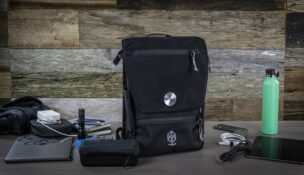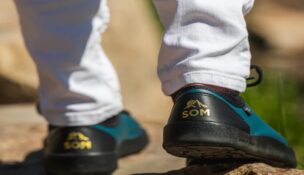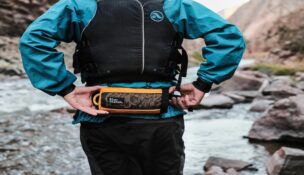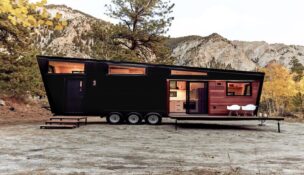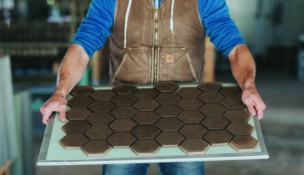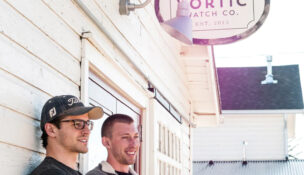Made in Colorado 2017: Century-old Denver Tent Company keeps quality top of mind
Flagship canvas tents remain relevant thanks to high quality since 1890
Eric Peterson //March 6, 2017//
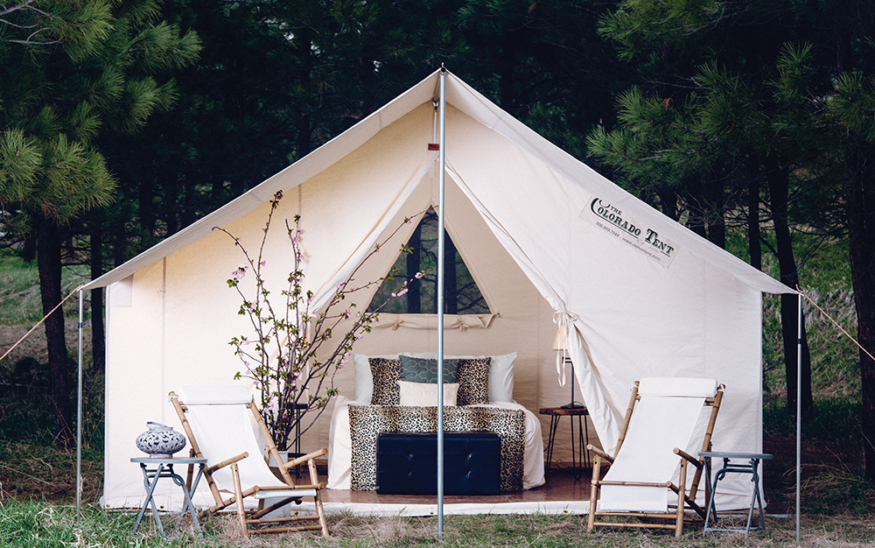

Made in Colorado 2017: Century-old Denver Tent Company keeps quality top of mind
Flagship canvas tents remain relevant thanks to high quality since 1890
Eric Peterson //March 6, 2017//
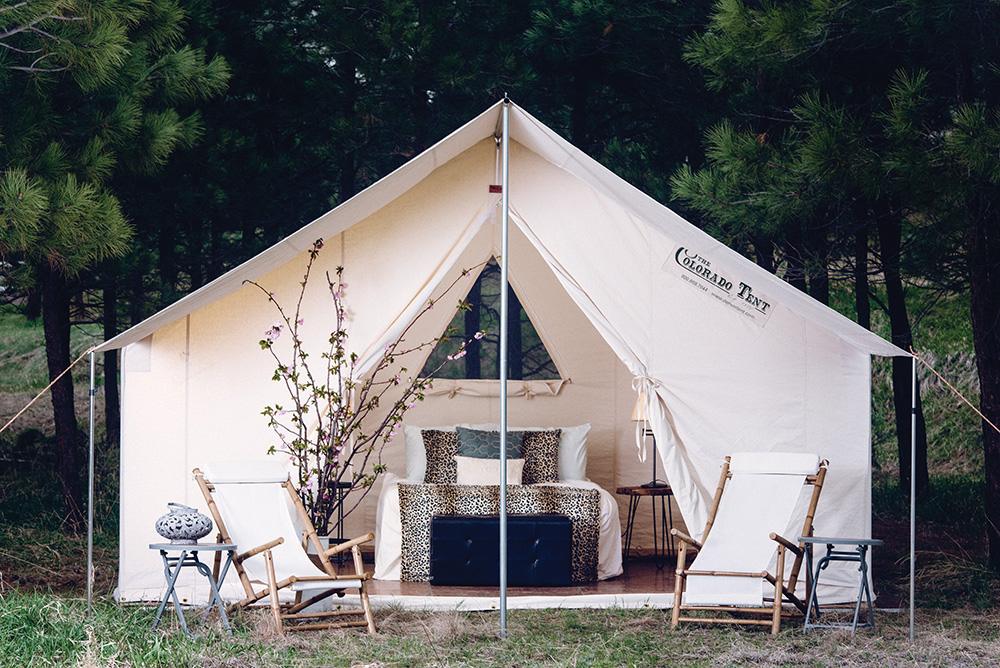
Product: Colorado Wall Tent | Made in: Denver | www.denvertent.com
Alfred Procter started Denver Tent and Awning Co. in 1890 to supply the boomtown with sturdy temporary canvas structures as Denver doubled from 100,000 to 200,000 residents in the company's first 20 years. Wall tents emerged as mainstays in the early days and the Colorado Wall Tent remains a flagship product today.
Laurie and Kevin Womer became just the fourth owners in the company's long history when they bought Denver Tent in 2014. The Womers owned a flower shop in Parker, and Kevin worked as a mechanical engineer before acquiring the 11-employee shop. "I'd been looking for a manufacturing business for about 15 years," he says. "Nothing came up."
Kevin thought about buying a millwork company in Glenwood Springs, but didn't want to uproot his family, then found Denver Tent. Laurie and Kevin threw themselves in headfirst. "It just needed some energy," says Laurie, noting that growth is forecast at 50 percent for 2017. "We had been able to do it."
Kevin implemented lean manufacturing processes and improved the flow on the production floor, and Laurie focused on sales and marketing. Finding skilled cut-and-sew employees is a challenge, they admit, and sewers have to be prepared to deal with 100-pound pieces of fabric. "It's not like shirts or pants or anything like that," says Kevin. "It's a different type of manufacturing."
New in 2017, the Maroon Bell tent is "a portable yurt," says Laurie. Featuring a single pole and high-quality canvas, it weighs about half what a comparably sized wall tent does, and it's easy to set up. The Womers are targeting outfitters as well as "glampgrounds" and festivals. The company is also the exclusive provider to Tentrr, which Laurie describes as "the Airbnb of camping."
It's a perfect fit. "Once you stay in a canvas tent, you don't ever want to stay in a nylon tent," says Kevin. "It's much more homey."
Denver Tent also makes event tents, accessories and a classic fishing bag, the Arcticreel, with a hemp version slated for summer release. "It has better wicking properties than canvas," says Kevin, "and it's lighter and more durable." The company also takes on contract work: It makes canvas bags for several customers and the safety covers for the couplers that connect cars on Denver's light rail.
Sometimes old bills of sale and catalogs pop up in file cabinets and desks. Laurie recently came across a copy of the 1928 catalog in which founder Procter wrote:
In this particular catalog, a Standard Wall Tent sold for about $40. Over the years, it was branded the Colorado Wall Tent and goes for $1,800 today.
But buyers get a lot more bang for their buck. "Every aspect has been improved," says Laurie. Notably popular with hunting and fishing outfitters, the material is flawless, grade A canvas, and the components are all top quality and sourced from more than 15 suppliers. And it looks good, as it has for more than a century. "It's a very attractive tent," says Laurie.






